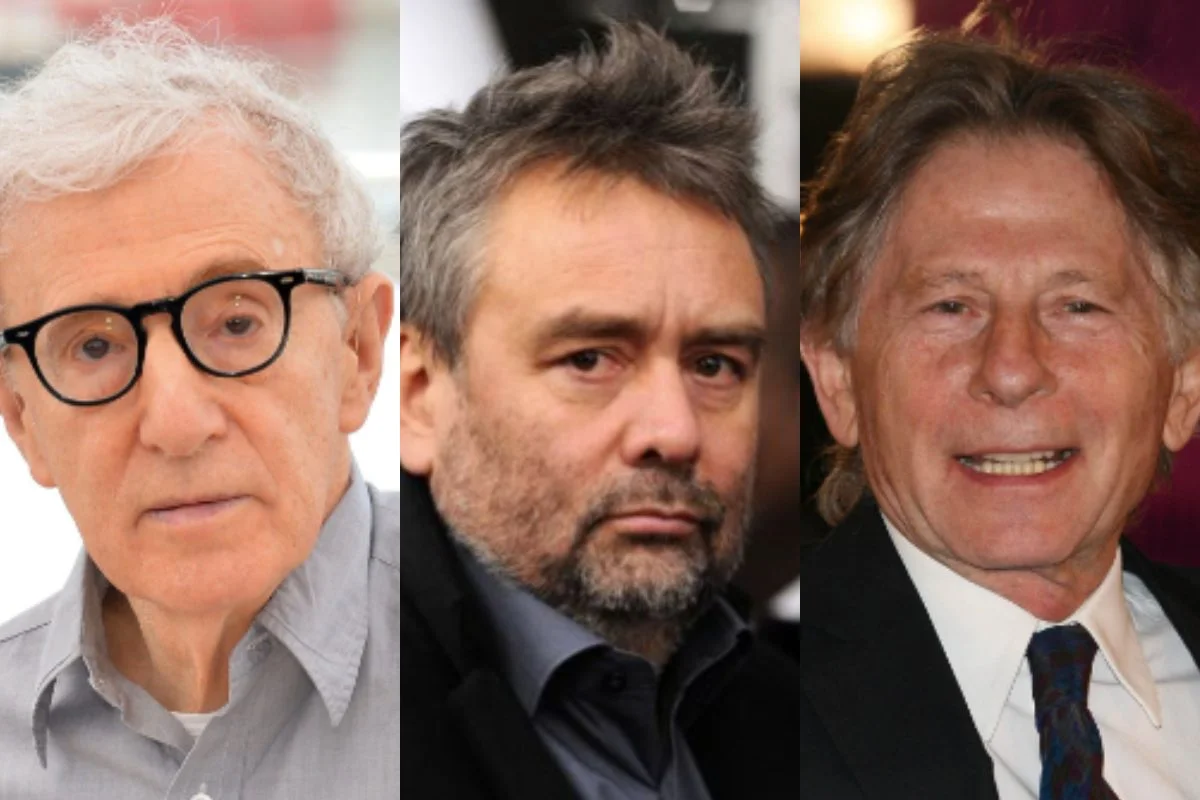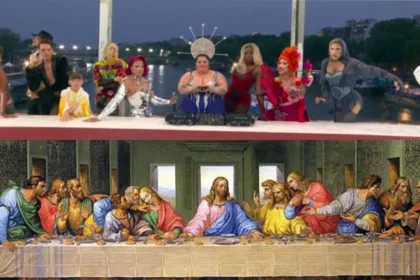The Venice Film Festival, a renowned platform for cinematic excellence, is poised to showcase new films by three directors who have been at the epicenter of #MeToo scandals, sparking conversations about the intersection of art and personal histories within the film industry. Woody Allen, Luc Besson, and Roman Polanski, all of whom have weathered turbulent controversies, will have their works featured at the festival.
Luc Besson, who faced and was subsequently cleared of rape charges in 2018, is making a significant return to the festival circuit. Woody Allen, who had been accused of assaulting his adopted daughter, a case that was ultimately dismissed by law enforcement, is set to present “Coup de Chance,” marking his first French-language film. Roman Polanski, a director who fled the United States following a rape conviction involving a minor, will present his comedy “The Palace.”
The decision to include these directors in the festival lineup has sparked a broader discourse about the relationship between an artist’s personal history and their creative output. Alberto Barbera, the festival’s artistic director, acknowledges the intricate nuances of this debate, stating, “The history of art is full of criminals who made beautiful pieces of art. So, why not Polanski? He remains one of the exceptional masters actively contributing to the field.”
The films themselves reflect the diversity of the directors’ creative pursuits. Luc Besson’s “Dogman” will compete in the main competition category, while Woody Allen’s “Coup de Chance” and Roman Polanski’s “The Palace” will be showcased out of competition. This selection echoes the festival’s commitment to presenting a range of perspectives and stimulating thought-provoking conversations within the realm of cinema.
As the Venice Film Festival prepares to unfold against the backdrop of these contentious directorial choices, the larger industry and society at large continue to grapple with the complexities of separating art from the personal lives of creators. This year’s festival promises to be not only a celebration of cinematic achievements but also a platform for dialogue about the intricate connections between art, individual histories, and the broader social context.




